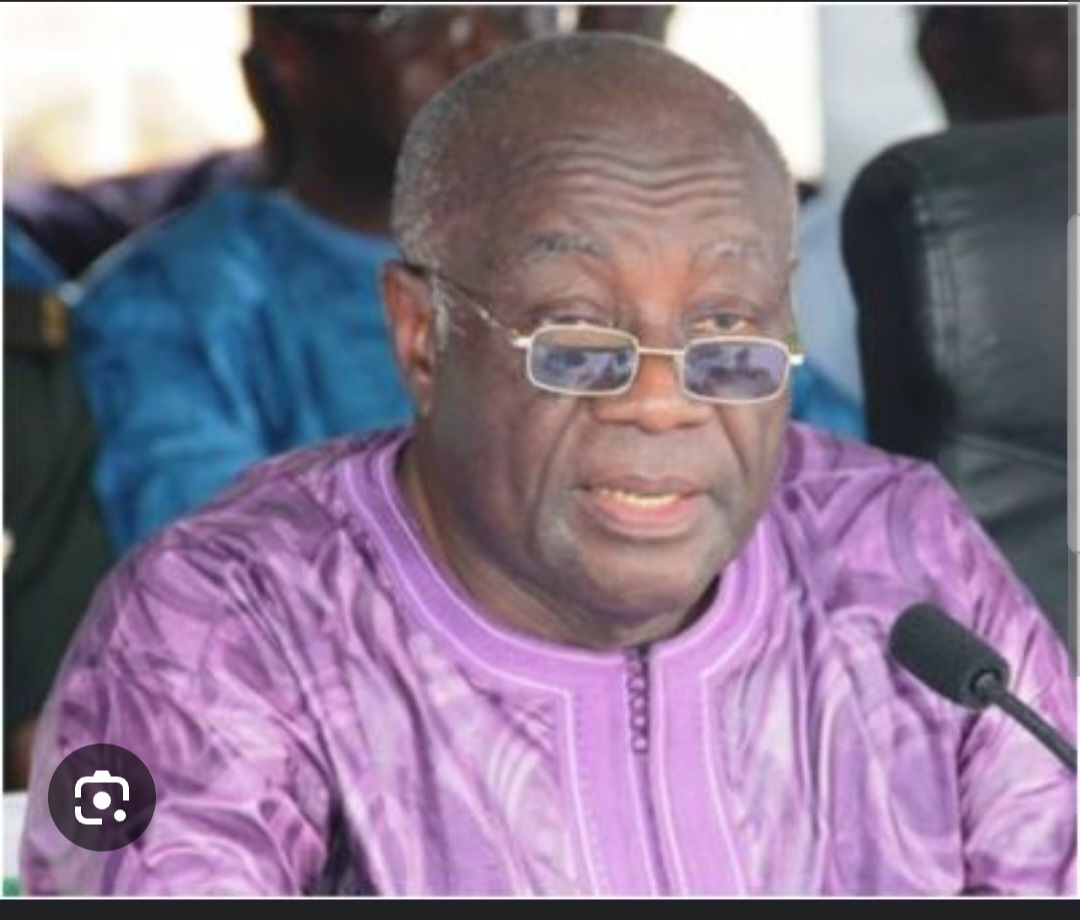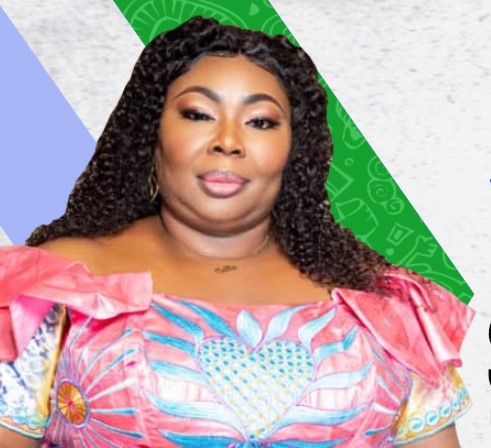Follow us on Facebook
By Thaimu Turay
Hon. IB Kargbo Confirms Division in The APC Party, Calls for Major Restructuring
05 April, 2024
Senior member of the All Peoples Congress (APC) and one-time Senior Adviser to former President Ernest Bai Koroma, Hon. Ibrahim Ben Kargbo has confirmed that the APC is divided.
Hon. Ibrahim Ben Kargbon made this disclosure in an interview with The Exclusive newspaper.
Hon IB Kargbo stated that the APC party still has all the potential and what it takes to take over the governance of the Republic of Sierra Leone provided that the party itself undertakes a major restructuring exercise
“The present destructive elements within the party cannot provide any room for political success. The APC in its present form is divided in such a manner as it continues to make the party itself ungovernable,” he averred. “The problems of the party,” he further confessed, “started far back in 2017 when an unexpectedly large number of Sierra Leoneans vied for the leadership of the party most destructively. The weakness of the APC in 2017 and 2018, he said, was found in the fact that there was no proper mechanism for discouraging weak and unknown politicians from vying for leadership. To this, he said, “It was already clear that close to 20 APC members vying for one position, already created the potential to divide the party into camps.” Some observers, he went on, also believed that the destructive announcement of a 3rd political term of former President Ernest Bal Koroma also divided the party into factions. “This was not helped by the fact that the Vice President then, Sam Sumana was dangerously removed from office, creating more division in the party,” he stated further.
Speaking further on other factors that have divided the APC, Hon IB Kargbo said, “The protracted court cases when the so-called NRM took the APC leadership to court was another factor which created more division. The so-called new constitution which was at variance to the State Constitution when it comes to provisions of government and human rights already suggests that the so-called new constitution should be further amended.” Some members of the APC, he noted, have argued that the party has been left in the hands of few people for manipulation. “…and that in itself does not create any room for internal democracy within the party. For the party to survive and work towards preparing itself for leadership, there is a great need for the promotion of massive reconciliation to bring all the factions together and there is also a need for a national convention to convey to address these issues that threaten to divide the APC party,” the veteran journalist and seasoned politician suggested.
He concluded: “Yes, the APC is the largest political party in the country, the APC has the potential to take up leadership….But this can only happen if the party is internally structured to provide enough room for honest and democratic practice. The present division which the party deliberately created out of greed should be addressed if APC is to return to its glorious days.”
It’s not a secret. But oh ya. D destructive elements dem nor go wan accept, en find ways for bring in peace. Maybe dem attack pa IB sef. Now that everyone knows that , the political landscape don clear say, na APC and SLPP go only survive. We the independent minded citizens, wish them go institute checks and balance. So salone go grow. There are fine guys in both parties. Now that the APC lef em sef gee dem ragamuffin dem in 2018 and 2023. Now dem for gee chance to d young dynamic educated one them, in the interest of mama salone.

